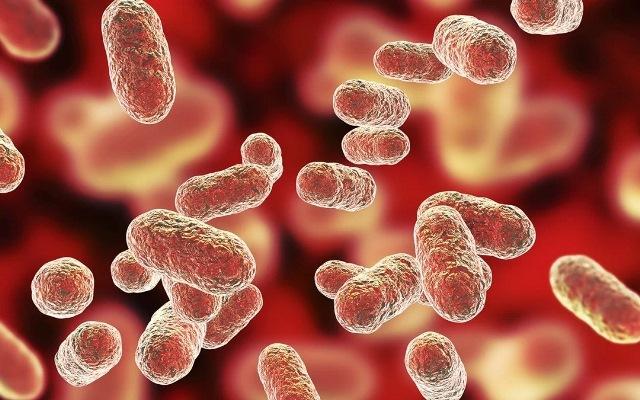A recent review article sheds light on how the oral microbiome may influence the onset and progression of disease.

The oral cavity is a complex microenvironment in which diverse microbial communities thrive. A recent review study conducted by scientists at Karolinska Institutet in collaboration with researchers from South Korea, Sri Lanka and Australia provided further insight into the oral microbiota and its potential impact on oral pathologies, including oral cancer. The data collected in the review may help improve the diagnosis and treatment of oral diseases.
“The topic of the relationship between cancer and the microbiome, including in the oral cavity, is a very current one,” said lead study author Dr. Georgios Belibasakis, Professor of Clinical Biology of Oral Infections and Head of the Department of Oral Hygiene and Periodontology at the Department of Dental Medicine at Karolinska Institutet.
Discussing the most interesting findings, he commented: “There are documented links between oral dysplastic conditions, including oral cancer, and the oral microbiome. These associations do not necessarily imply causation, but a vicious circle may exist between the occurrence of a dysbiotic microbiome and the progression of oral pathologies. An important aspect is that the two main components of the oral microbiome, the bacteriome and the mycobiome, tend to act synergistically in deteriorating oral health pathologies. Moreover, the tumor microenvironment, depending on the specific type, may facilitate the colonization and invasion of certain microbial species that have been clinically shown to be associated with a given tumor disease.”
This study has diagnostic and prognostic implications for oral medicine, and the researchers believe the findings may help explain the complex interactions between bacteria and fungi in the oral cavity, leading to improved prevention and treatment of oral cancer. In addition, Professor Belibasakis noted that testing for changes in the bacterial and/or fungal composition of suspicious areas can provide early warning signs or reveal patterns of progression of oral mucosal diseases such as oral cancer.
“Changes in the underlying human microbiome can serve as prognostic markers for any oral disease, including carcinogenesis. The available data expand our understanding of the ecology of oral niches and their dysbiotic changes in oral dysplasia and oral cancer,” he commented. “This knowledge could help develop early diagnostic and prognostic tools, as well as innovative treatment methods, creating a quantum leap in oral medicine,” he concluded.
